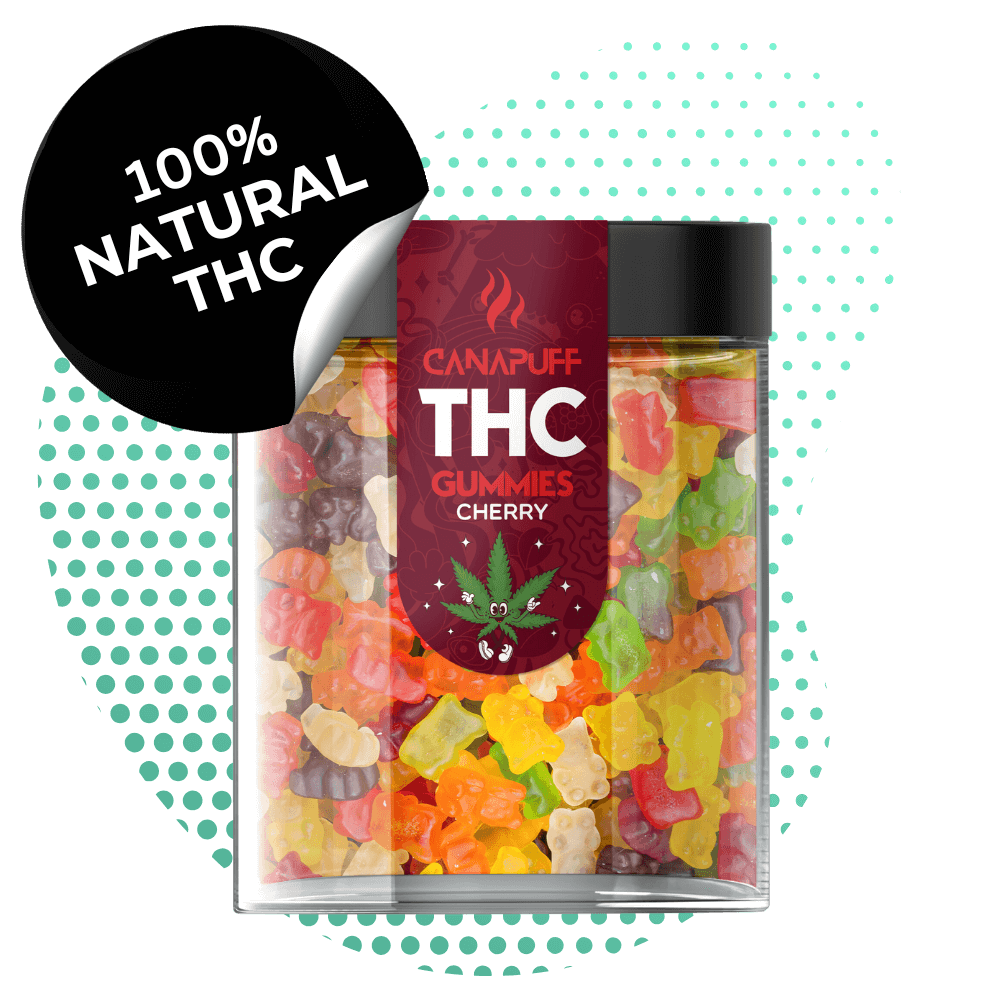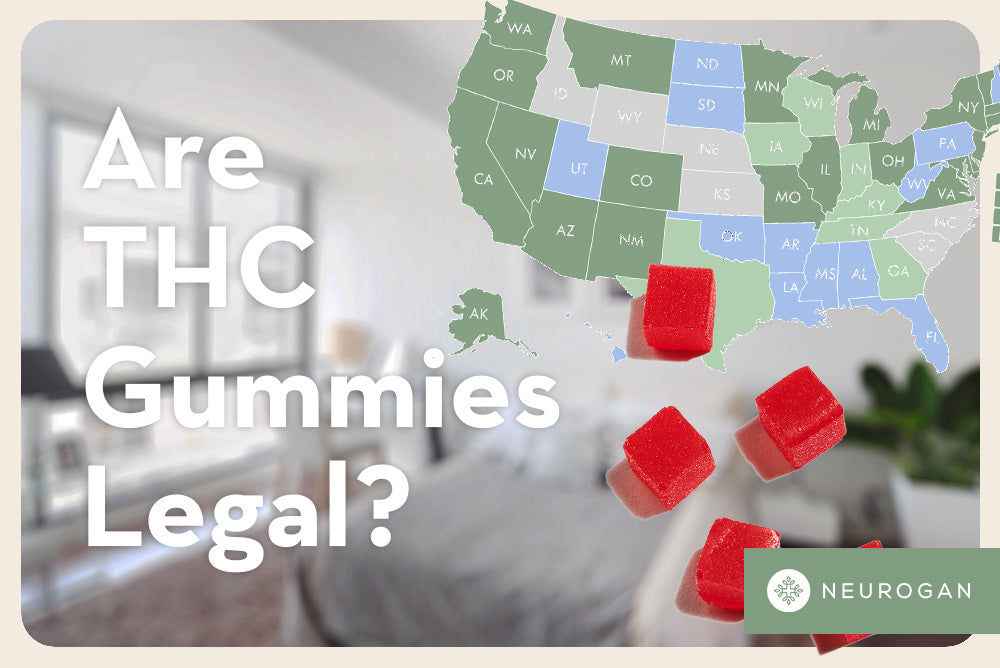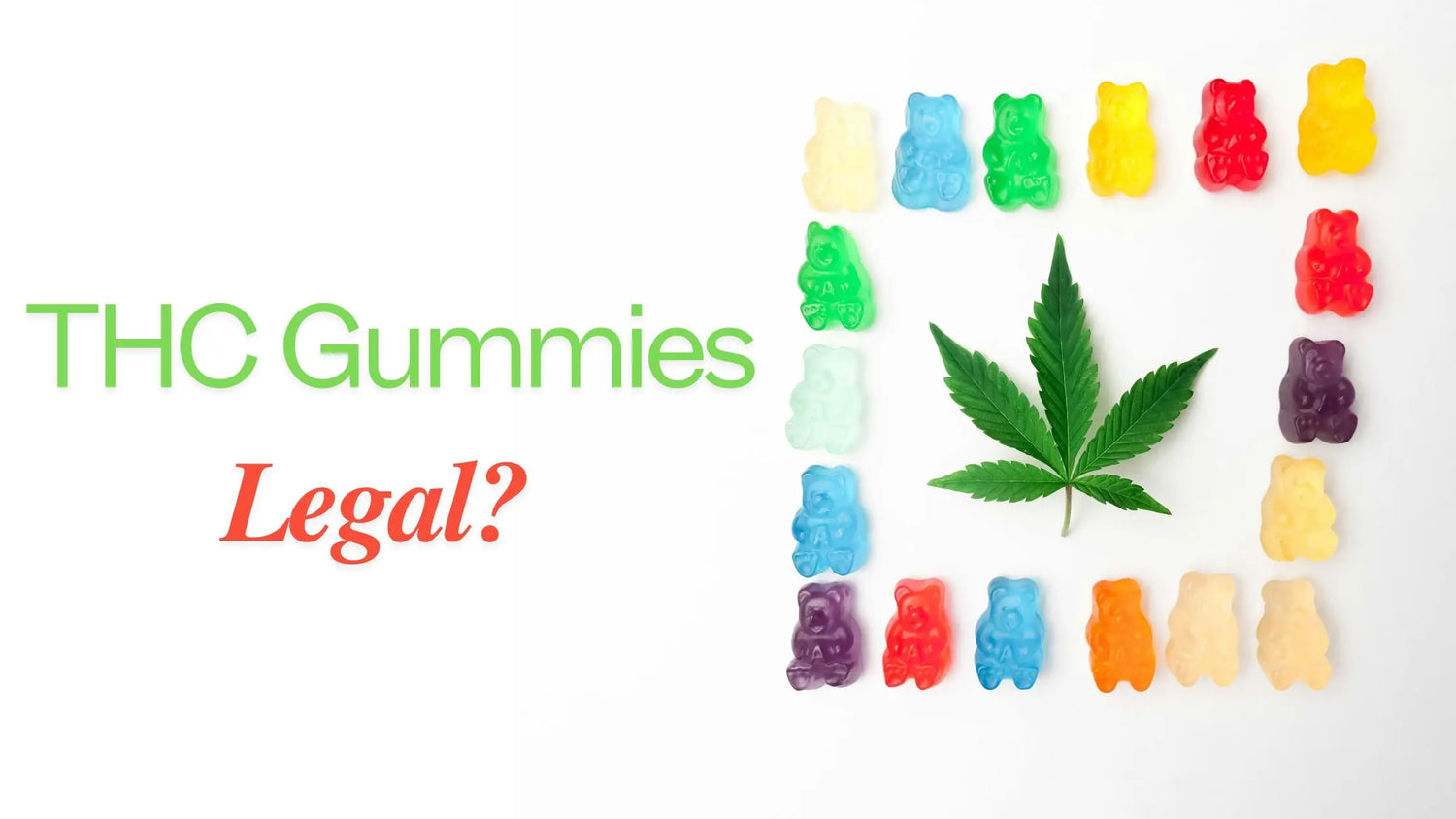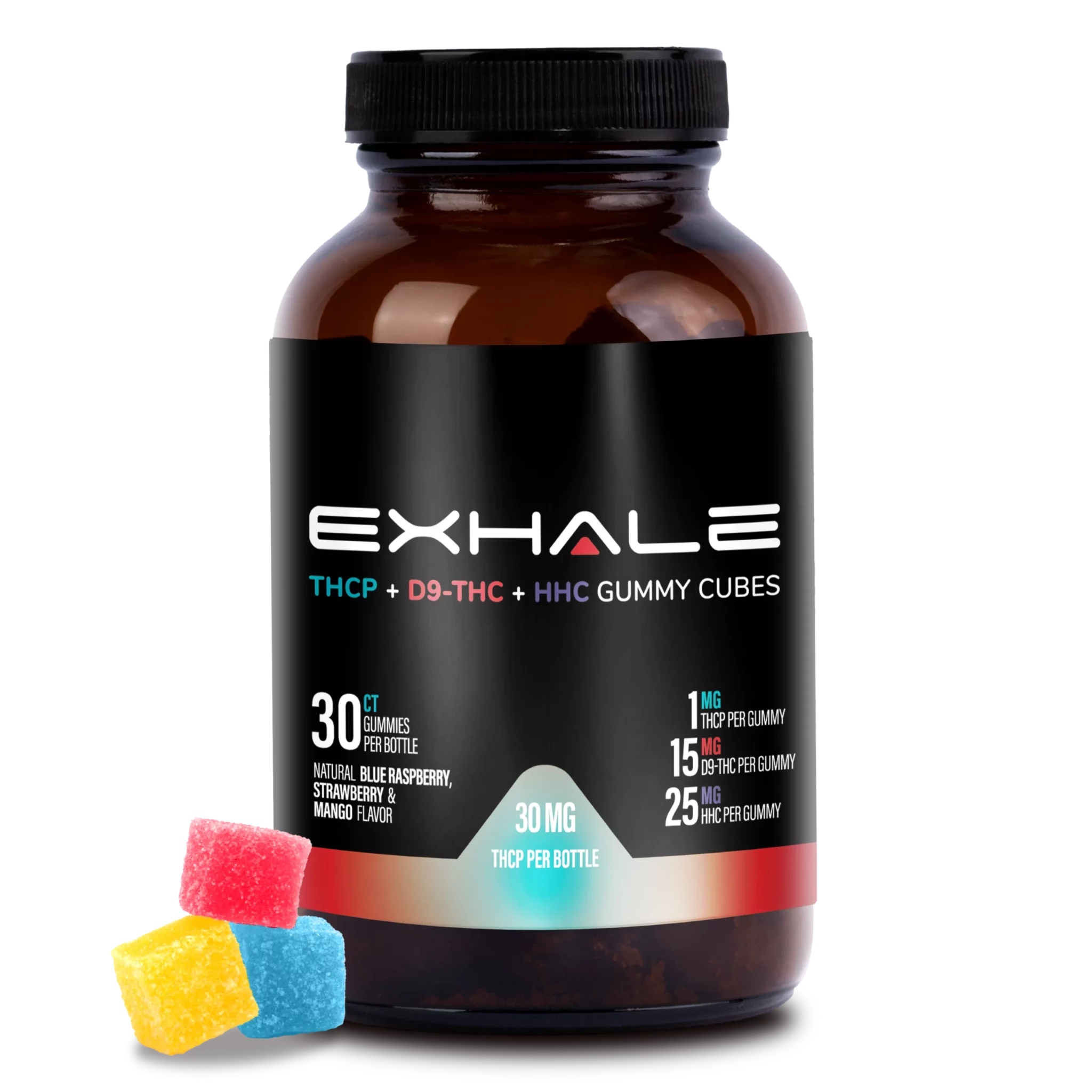Are Thc Gummies Legal In Ohio

The sweet, chewy temptation of THC gummies has landed in Ohio, but their legality remains a tangled web of state laws, federal regulations, and evolving interpretations. Consumers and businesses alike are navigating this complex landscape, unsure whether they are operating within legal boundaries or teetering on the edge of prosecution.
This article delves into the current legal status of THC gummies in Ohio, clarifying the distinctions between hemp-derived and marijuana-derived products, examining relevant state laws, and exploring the implications for consumers and businesses. This will examine the impact on Ohio's burgeoning cannabis industry, and the potential changes on the horizon.
The Hemp vs. Marijuana Divide
The cornerstone of the legal ambiguity surrounding THC gummies in Ohio rests on the distinction between hemp and marijuana, as defined by both federal and state laws. The 2018 Farm Bill federally legalized hemp, defined as cannabis containing no more than 0.3% Delta-9 THC by dry weight.
This federal law paved the way for states like Ohio to legalize hemp cultivation and the sale of hemp-derived products. However, the crucial caveat lies in the interpretation of "hemp-derived" and how it applies to various forms of THC.
Delta-9 THC vs. Delta-8 THC and Other Analogues
Delta-9 THC is the primary psychoactive compound in marijuana, responsible for its intoxicating effects. Hemp-derived products containing less than 0.3% Delta-9 THC are legal in Ohio.
The legal grey area emerges with other THC isomers, such as Delta-8 THC, which is also found in hemp but in smaller quantities. Some manufacturers extract and concentrate Delta-8 THC from hemp to create products with psychoactive effects similar to, but typically milder than, Delta-9 THC.
Ohio's laws, like those in many other states, are not explicitly clear on the legality of Delta-8 THC and similar compounds when derived from hemp. This has led to a proliferation of Delta-8 THC gummies, often marketed as a legal alternative to marijuana, but their legality is far from definitively established.
Ohio's Cannabis Laws: A Shifting Landscape
Ohio's medical marijuana program, established in 2016, allows registered patients with qualifying conditions to purchase marijuana-derived products, including gummies, from licensed dispensaries. These products are subject to strict testing and labeling requirements.
In November 2023, Ohio voters approved Issue 2, legalizing recreational marijuana for adults 21 and older. The law permits adults to possess, cultivate, and purchase marijuana from licensed retailers.
However, the implementation of recreational marijuana sales is still underway, and the exact regulations governing the sale of marijuana-derived gummies are yet to be finalized. Even with legalization, hemp-derived THC products still occupy a complex position.
The Legal Status of THC Gummies: What Does It All Mean?
As of the time of writing, THC gummies containing less than 0.3% Delta-9 THC derived from hemp are technically legal in Ohio. This hinges on the interpretation that they meet the federal and state definition of "hemp."
However, the legality of Delta-8 THC gummies remains uncertain. While some argue that they are legal if derived from hemp and comply with the 0.3% Delta-9 THC limit, others contend that the state could interpret them as illegal controlled substances due to their psychoactive effects.
The passage of Issue 2 adds another layer of complexity. While recreational marijuana will be legal, the regulatory framework is still being developed, and it's unclear how it will impact the market for hemp-derived THC products.
Consumer and Business Implications
For consumers, the legal ambiguity presents a challenge. It's crucial to understand the source and composition of any THC gummies purchased. Consumers should exercise caution and purchase products from reputable sources that provide clear labeling and testing information.
Businesses involved in the production, distribution, and sale of THC gummies face significant risks. The lack of clarity in Ohio law creates uncertainty about the legality of their operations, potentially exposing them to legal action.
Businesses are encouraged to seek legal counsel to ensure compliance with all applicable laws and regulations. They should also closely monitor developments in Ohio cannabis law and be prepared to adapt their business practices accordingly. Transparency in product labeling and sourcing is paramount for building consumer trust and mitigating legal risks.
The Future of THC Gummies in Ohio
The future of THC gummies in Ohio depends on several factors, including the implementation of the recreational marijuana law, potential legislative action clarifying the legal status of Delta-8 THC, and further guidance from state regulatory agencies. Legal battles are possible, which could further refine or redefine legality of some products.
The Ohio Department of Commerce, responsible for regulating the state's cannabis industry, will play a key role in shaping the legal landscape. Its regulations will likely address issues such as testing, labeling, and product safety.
Ultimately, a comprehensive and clearly defined regulatory framework is needed to provide clarity for consumers and businesses alike. This framework should address the specific concerns surrounding hemp-derived THC products, including Delta-8 THC, and ensure that the industry operates responsibly and transparently. Until then, the legal status of THC gummies in Ohio will remain a complex and evolving issue.


















